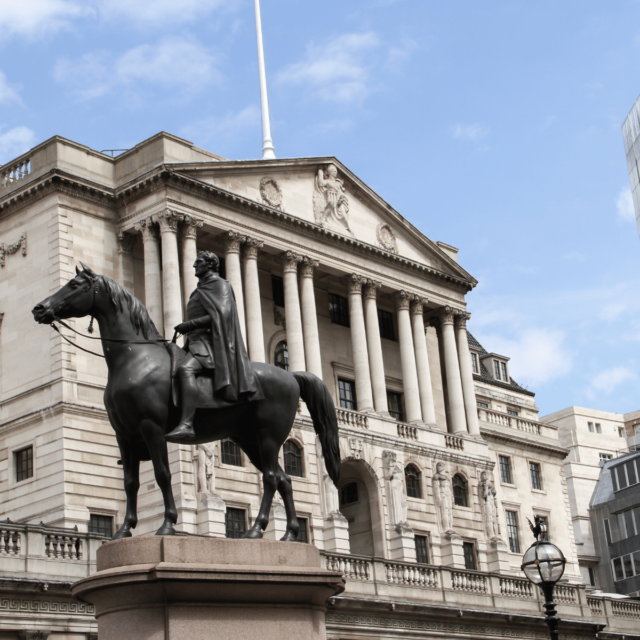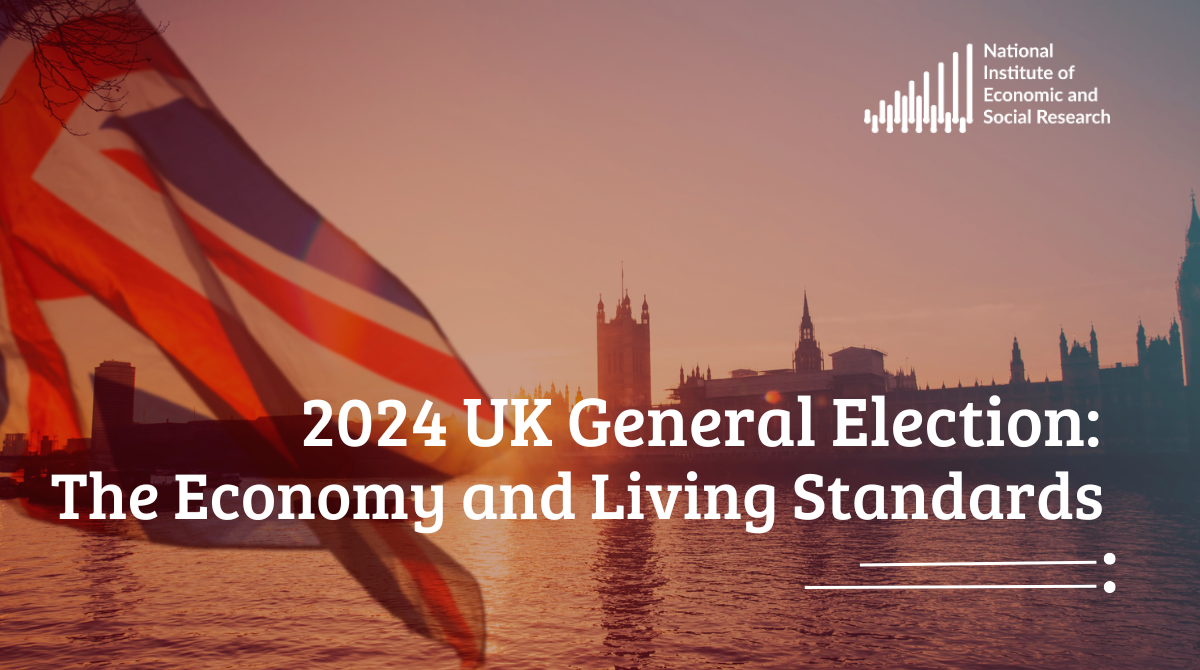What would lead us to revise our Brexit impact estimates? It’s the politics, stupid …
It is common practice in scientific research to check the robustness of findings and test the limitations of results. Much of this robustness checking involves assessing modelling parameters and thinking carefully about mechanisms. But there are also risks to model forecasts that lie outside those that can be traditionally modelled or quantified. Economists tend to call this ‘Knightian uncertainty’. This blog post explores how a shifting political landscape could generate this kind of uncertainty and might cause the impact of Brexit on the UK economy to be fundamentally different compared to estimates NIESR has published in the past.

It is common practice in scientific research to check the robustness of findings and test the limitations of results. Much of this robustness checking involves assessing modelling parameters and thinking carefully about mechanisms. But there are also risks to model forecasts that lie outside those that can be traditionally modelled or quantified. Economists tend to call this ‘Knightian uncertainty’. This blog post explores how a shifting political landscape could generate this kind of uncertainty and might cause the impact of Brexit on the UK economy to be fundamentally different compared to estimates NIESR has published in the past.
A quick recap: NIESR has published analyses of the economic impact of various different types of Brexit. All these analyses are based on similar underlying assumptions. These assumptions build on a careful review of existing research on the economic impact of different trading relationships in the long run (typically at least 10 years). From an economic perspective, Brexit means introducing barriers to migration and trade with the EU with implications for foreign investment, productivity growth and economic activity in the UK. Brexit scenarios are then compared to a counterfactual where the UK continues its EU membership in a more or less unchanged way. This allows us to state results in the form of counterfactuals: for instance, GDP in our no-deal scenario is estimated to be around 5 per cent smaller than in the counterfactual of continued EU membership. This is a sizeable negative impact with considerable implications for public finances and welfare across the country, but probably smaller than the impact of the financial crisis – a so-called “once in a century event”. This kind of statement holds ceteris paribus – keeping all other parts of the world unchanged. It is more reliable than a point forecast of how large the economy will be in absolute terms at some point in the future (although in public discussions estimates are often misinterpreted as point forecasts).
Figure 1. Modelling the economic impact of Brexit
In a narrow sense, any analysis of Brexit impact will always be wrong, or at least partial, to some extent. Figure 1 illustrates how impact estimates are generally obtained (red boxes): from assumptions about the type of Brexit, over an assessment of which parts of the economy are affected, to estimates of the impact on the economy as a whole, and the effect of potentially mitigating policy measures. Each arrow corresponds to a step in the modelling approach and comes with considerable uncertainty, adding up to overall modelling uncertainty. For instance, to date we do not know the precise form of post-Brexit trade. There also is considerable uncertainty around empirical estimates of the impact of trade agreements on trade flows and the economy as a whole. Finally, the overall impact on the economy depends on the response of conventional macroeconomic policy and its effectiveness. It would be wonderful if all of the steps in this analysis were completely correct.
But we are confident that our predictions are not fundamentally wrong, and the direction of the estimated impact is not likely to change. For instance, our estimates do not directly account for new trade deals with countries outside of the EU after Brexit or unilateral tariff reductions but do allow for the falling exchange rate to help competiveness and also for growth in those countries to attract trade. But these factors will almost certainly not yield large enough economic benefits to offset the impact of leaving the EU in a world where goods trade is already fairly liberalised and conventional trade agreements only contain limited provisions on trade in services. In any case, in ten years’ time it will be difficult to separate empirically what exactly the impact of Brexit will have been on the UK economy compared to other forces.
What then would fundamentally alter our estimates of the Brexit impact on the UK economy? The answer to this question of Knightian uncertainty would likely have to be sought in political developments that are caused – endogenously – by the Brexit process, in Europe, the UK or abroad, and have implications for how the UK economic system functions (white boxes in figure 1).
Our ‘all else equal’ assumption implies that we do not consider any direct political implications of Brexit for the fate of European integration. Should Brexit fuel a collapse of the European Union, for instance by giving strength to disintegratory forces, then the economic effects may be much larger, both in Europe and the UK, than implied by our estimates.
Our analysis also does not account for any direct effects of Brexit on the UK political system. If the continuing Brexit debate leads to an erosion of democratic norms and a succession of political crises, then our ‘all else equal’ assumption would fail to hold and the economic effects would be considerably more negative. In contrast, it is possible that Brexit leads to a radical shift in economic policy and behaviour that substantially alters the distribution of income and wealth and enables productivity gains that would not otherwise have been possible, reducing the economic impact relative to continued EU membership for most parts of society towards zero. At present, it is not at all clear what such a shift could look like or how Brexit could bring it about, or whether the same forces that are driving Brexit may drive changes in policy preferences. Both political radicalisation or a complete overhaul of the UK economic system would also mean that modelling approaches applied to the study of Brexit may no longer be appropriate. The structure of our model of the economy reflects relationships between parts of the economy as they have existed to date. If Brexit were to unleash or is part of a process for political and societal change that would create new realities and fundamentally change the rules of the economic game, our way of thinking about economic effects would have to follow suit. How policy should respond when faced with this additional form of uncertainty will continue to be a question for us to ponder.




















